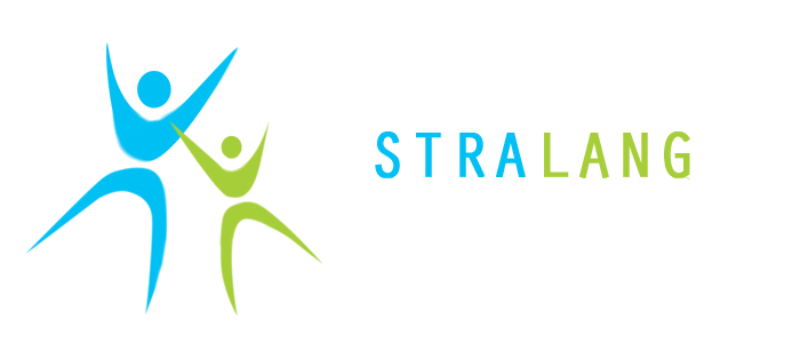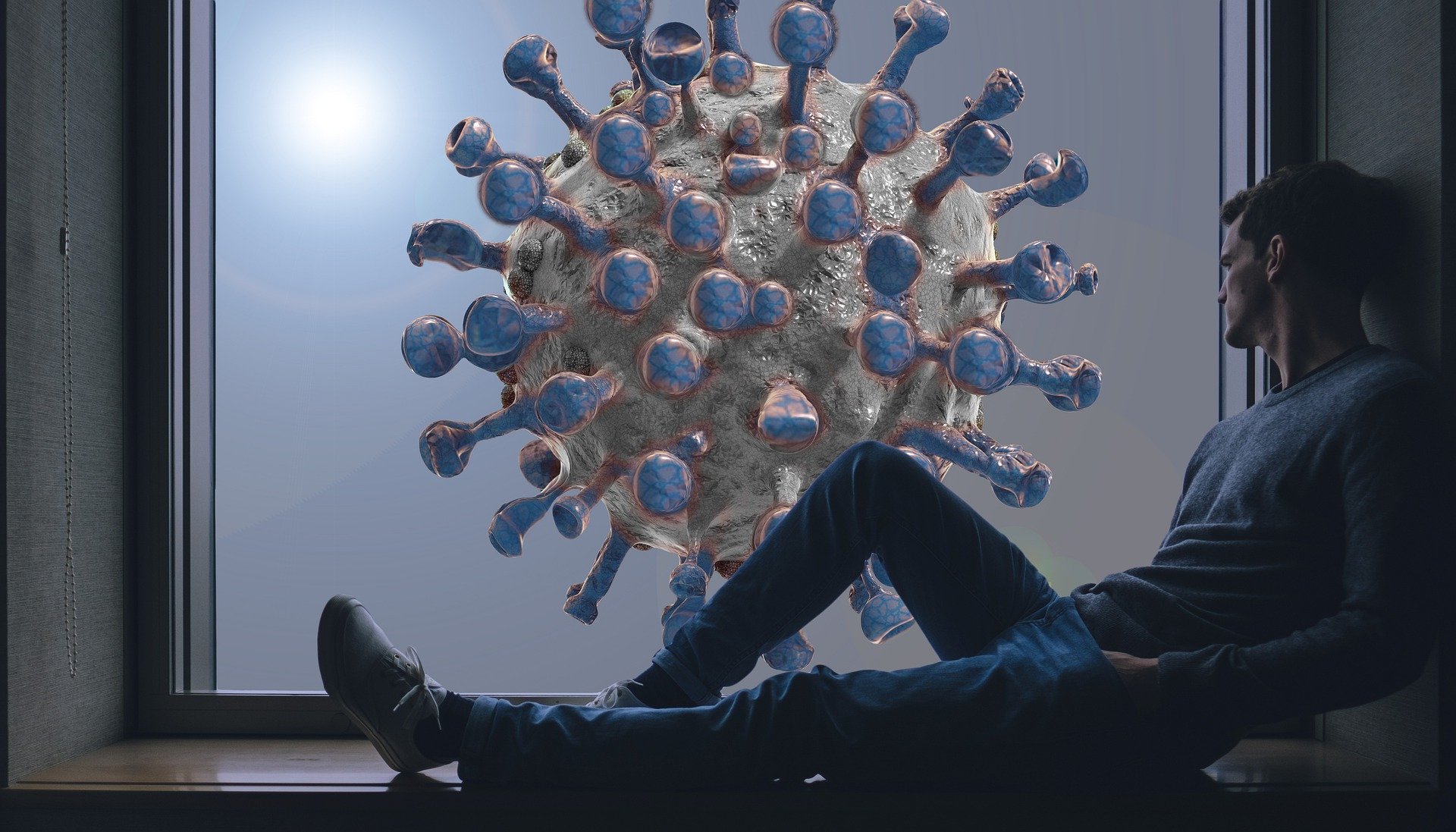In this period of active circulation of the covid-19 virus, a reminder of useful recommendations to deal with the coronavirus.
The return to school in Stralang took place in a degraded health context. The covid-19 coronavirus is still actively circulating. A large percentage of people infected with COVID-19 are asymptomatic and can therefore pass the virus without knowing it. It is also very important that each of us continues to protect ourselves and others, respecting barrier gestures, washing our hands very frequently with soap and water (or hydroalcoholic solution), respecting physical distance and wearing a mask.
Here are the helpful recommendations to deal with this virus on two pages. All students and future students of Stralang are invited to read it:
- Actions and behaviors to adopt in order to adopt to protect yourself and others
- Students and staff: what to do in the event of covid-19
Who to notify in the event of a positive test?
All staff and students who test positive are encouraged to report it immediately.
- For the students: they must immediately inform their professor as well as the direction of the institute.
- For staff: to ACST (Association for Consulting in Occupational Health) and to the Covid referent who will immediately inform the director of the institute.
What if you have been in contact with a positive case and are experiencing symptoms?
- You must immediately leave the premises of the institute.
- You must contact your attending physician and get tested as soon as possible (make an appointment for an RT-PCR virological test in a medical analysis laboratory, list available on sante.fr
What if you have been in contact with a positive case but do not experience any symptoms?
If you are not contacted by health insurance or the ARS, you do not fall under the definition of at-risk contact persons. There is therefore no special measure to take except to watch for the appearance of any symptoms, to wear a mask and to respect barrier gestures.
If you are contacted by health insurance, you will be placed in isolation for 14 days and will have to perform an RT-PCR test, 7 days after the last contact, then follow medical recommendations. In the meantime, the ARS will invite you to monitor yourself (presence of symptoms, taking your temperature in the morning and evening) and to apply the rules of physical distancing, the wearing of a systematic mask and barrier gestures.
- Only people living in the same household or showing symptoms should get tested immediately.
- If a person has not been contacted by health insurance but considers that they fall within the definition of at-risk contact persons, they can approach their attending physician.
Who is considered a risk contact person?
Anyone who has had direct contact with a confirmed case in one of the following situations without effective protective measure (s) (surgical mask worn by the contact case or the contact person, general public mask according to Afnor standard or equivalent or other separation physical):
- Student or teacher in the same class or group
- Student, teacher or other staff:
- Having shared the same place of life (accommodation, boarding school, etc.) as the confirmed or probable case
- Having had direct contact with a case, face to face, within 1 meter, regardless of the duration (eg conversation, meal, flirtation, hugs). On the other hand, people crossed in the public space in a fleeting way are not considered as contact persons at risk
- Having provided or received acts of hygiene or care
- Having shared a confined space (office or meeting room, personal vehicle, etc.) for at least 15 minutes with a case, or having remained face to face with a case during several episodes of coughing or sneezing.
When can you return to class or resume work?
It is the health insurance and / or the attending physician who define the duration of the sick leave and / or the quarantine.
- For people who have presented symptoms, isolation is generally 8 days after the date of symptom onset (or 10 days for those at risk) and after 48 hours without fever and / or breathing difficulties.
- For people who have not shown symptoms, isolation is usually 10 to 14 days.
Important :
Before the resumption, students must contact the administration.
Useful documents
Public Health France has published several practical sheets to tell you what to do in different situations related to covid-19. Take care to read these documents to adopt the right behaviors and the right actions according to your situation.
- Fact sheet – “I have the signs of COVID-19 disease”
- Practical sheet – “I am a contact at risk, what should I do?”
- Factsheet – “I have been in contact at risk with someone sick with COVID-19”
Useful contacts
Emergency-security and listening:
In case of immediate danger: 17
National medico-psychological support platform for all health professionals: 0800 73 09 58 (Free number)
Emergency for my health or that of my relatives:
If I have symptoms (cough, fever) that remind me of COVID-19:
- I stay at home, I avoid contact, I call a doctor before going to his office or I call the hotline number in my region. I can also benefit from a teleconsultation;
- If the symptoms worsen with breathing difficulties and signs of suffocation, I call the SAMU (15) or send a message to the emergency number for the deaf and hard of hearing (114).
Information :
Free number: info on the Coronavirus COVID-19, 24/7: 0 800 130 000.
If you have difficulty hearing or speaking over the phone due to a disability, you can visit the open contact area for people who are deaf, hard of hearing or blind.
You can also stay informed about the Government account on WhatsApp by clicking here, or by registering the number “07 55 53 12 12” on behalf of Government and then sending this contact a message on the application to start the discussion.
Please note, the telephone platform and the WhatsApp bot do not provide medical advice.
source: https://www.gouvernement.fr/info-coronavirus, Université de Strasbourg

